
Astronomers have found seven Earth-sized planets around a cool red dwarf, all of which have the potential for liquid surface water.

Scientists identified a seventh geologic continent called Zealandia.
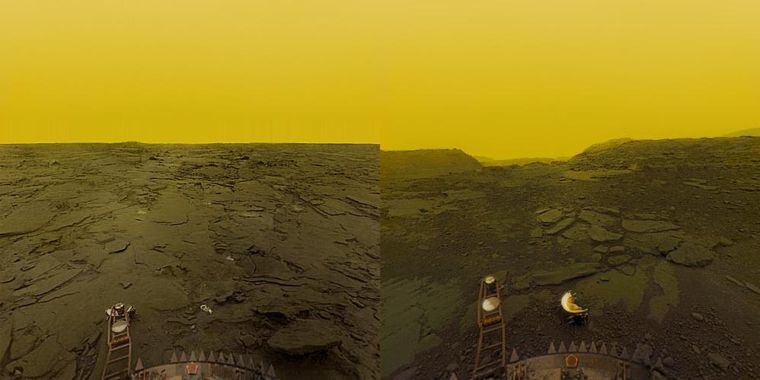
Over the last few years electronics based on the semiconductor silicon carbide (SiC) have started to mature. Those properties make it a very suitable candidate for computing on Venus.
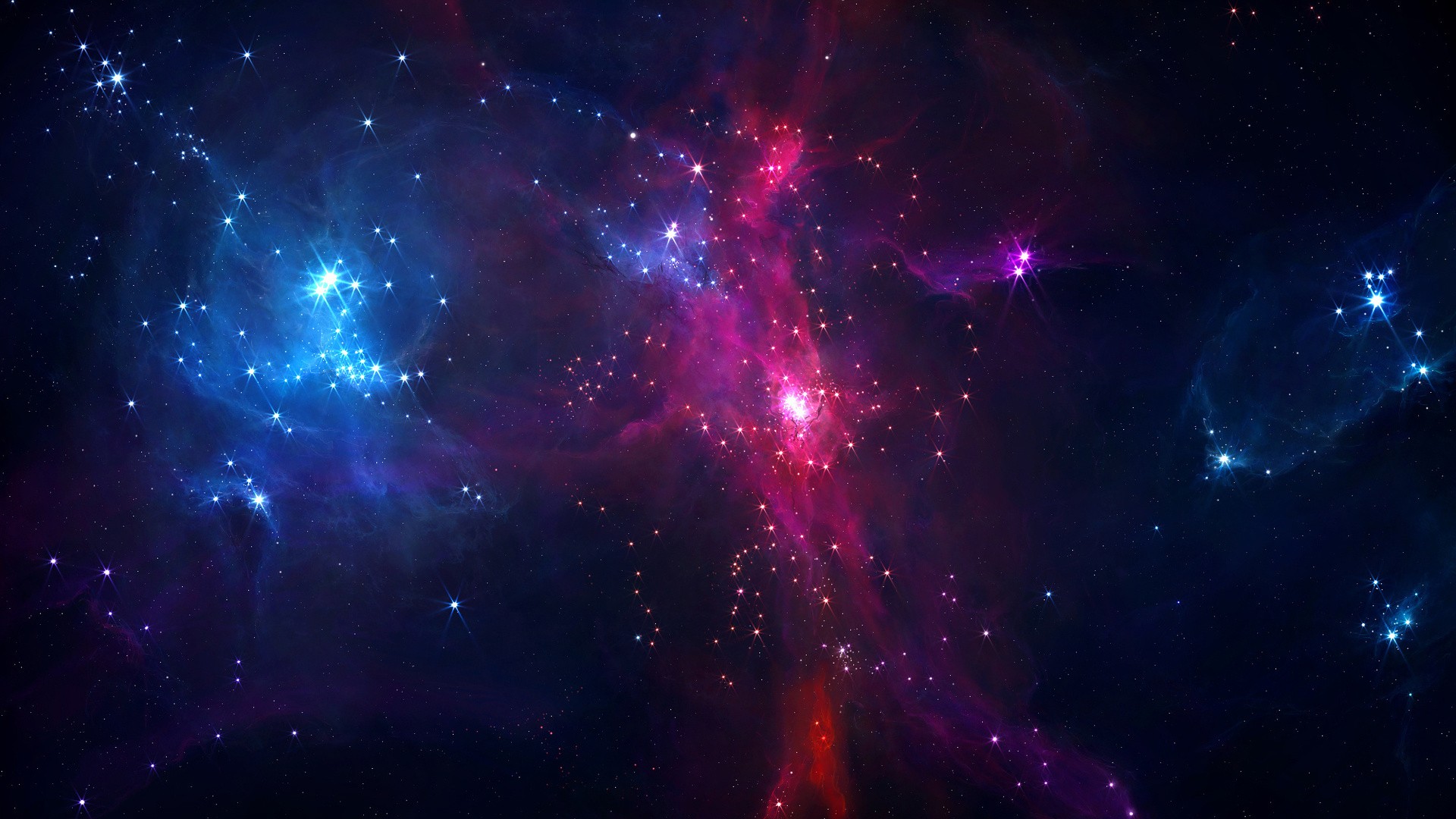
A team of scientists reports that it has discovered the existence of a white dwarf star whose atmosphere is rich in carbon and nitrogen, oxygen and hydrogen. The white dwarf is approximately 200 light years from Earth and is located in the constellation Boötes.
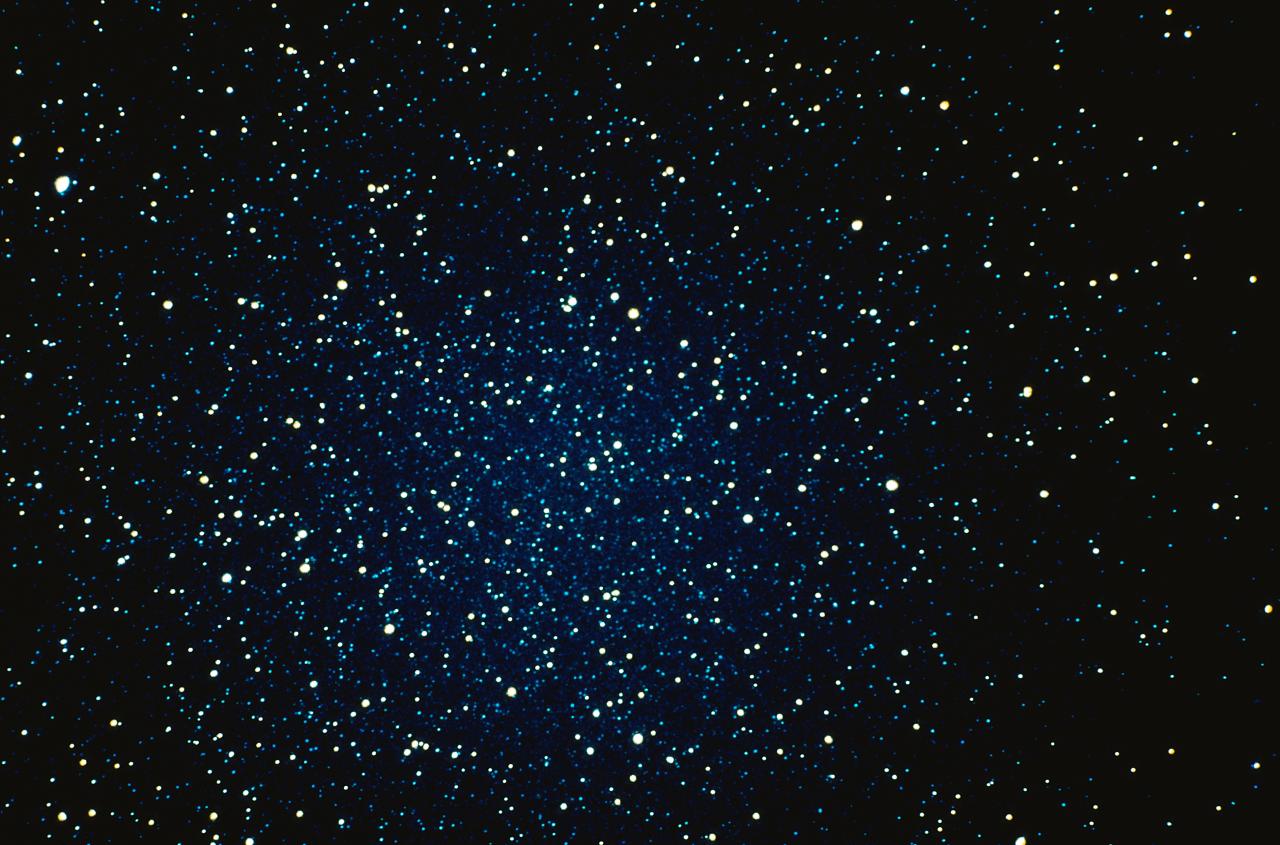
The bars in galaxies are spinning more slowly than we thought because of dark matter.
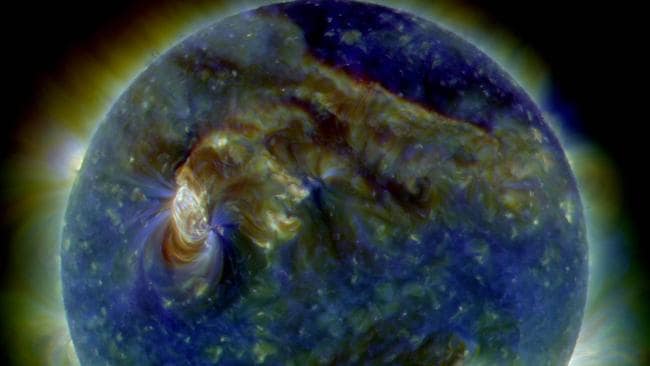
The Earth's magnetic field is continuing to grow weaker, potentially portending more dramatic events, including a global reversal of the magnetic poles.
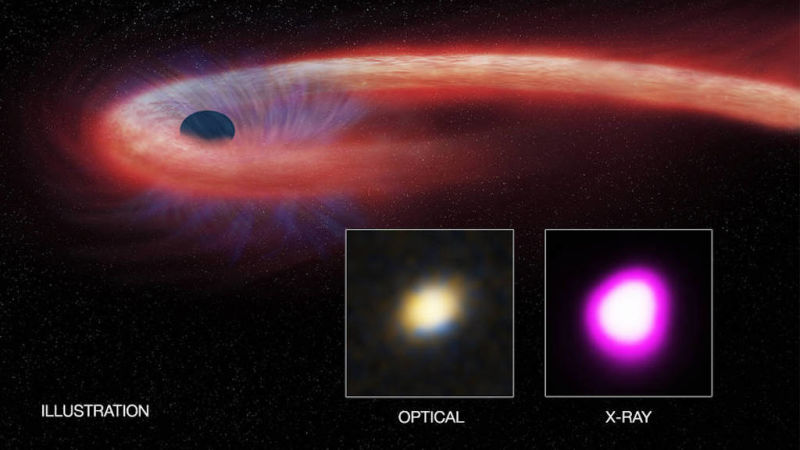
New research details the longest black hole brunch ever studied, in which a supermassive giant ripped apart a neighboring star and feasted on it for almost 10 years.

The new results support evidence of a strange symmetry in measurements of one neutrino mass. In particle physics, symmetries often indicate underlying physics that scientists haven't yet unearthed.

Theoretical physicists and cosmologists deal with the biggest questions , like “Why are we here?” “When did the universe begin?” and “How?” Another questions that bugs them, and likely has bugged you, is “What happened before the Big Bang?”

The holographic principle tells us that we can achieve the same physics by reducing the number of dimensions by one and removing gravity.

Astronomers have discovered a giant cosmic void that explains why our Local Group of galaxies is moving through the universe as fast as it is.

After recent events, we're all ready to hop aboard the next flight to Mars. But before us Earthlings embark on a seven-month journey to the Red Planet, we need to understand how the harsh conditions of space can affect our bodies.

A sequence of images captured by NASA’s Cassini spacecraft last month are the most detailed pictures ever taken of Saturn’s famous rings, revealing complex, unexplained bands and the movements of dozens of tiny icy moonlets spinning around the planet.

The telescope, located 5,250 meters above sea level, will detect and gather precise data on primordial gravitational waves in the Northern Hemisphere. It is expected to be operational by 2021.

By using a space-time quirk first predicted by Einstein, the Hubble Space Telescope has also made it clear that our theories to explain the evolving universe are far from complete.